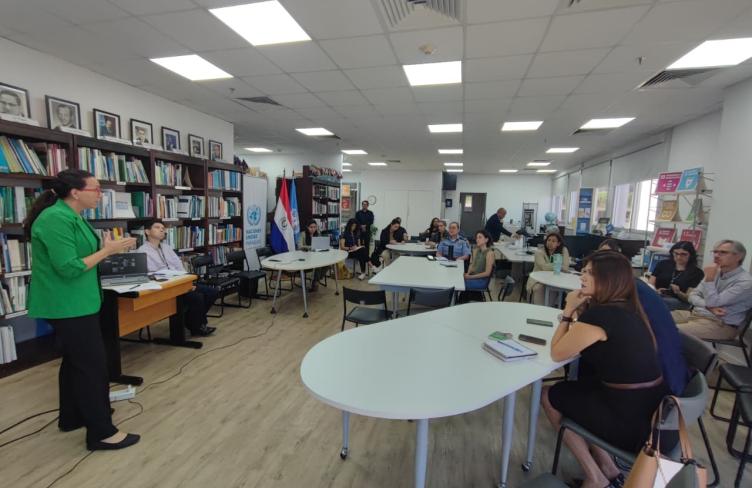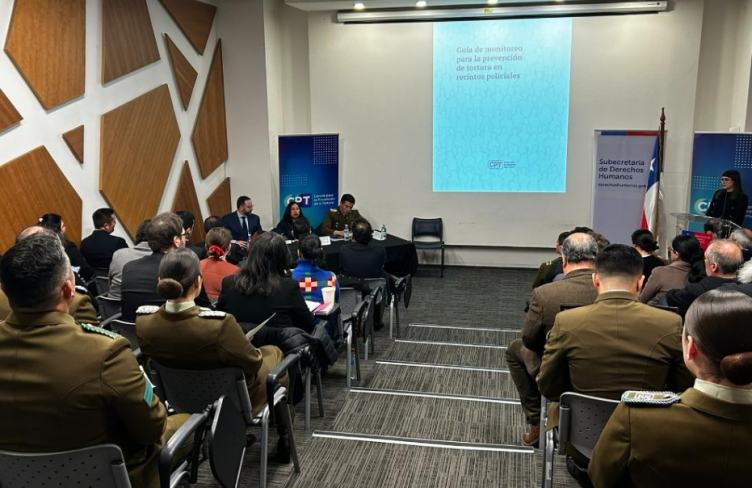
Every arrested person must be brought before a judge within 24 hours of the arrest. In the week of the International Day of Human Rights, APT launches, in collaboration with the National Council of Justice, the documentary "Torture and Ill Treatment: How to Prevent? The video portrays the operationalization of custody hearings as a tool for the prevention and detection of cases of torture and institutional violence and for the protection of the human rights of people in custody.
The video depicts scenes of custody hearings held in the state of Mato Grosso and statements by judges, prosecutors and public defenders about procedures they employ in the hearing of the person being held in custody in order to provide adequate conditions to make it possible to report torture practices free of threats or intimidation. In addition, the video addresses the objectives of custodial hearings, procedures for hearing and collection of testimony, and examples of good practices, such as structuring custody centers with IML staff, and health and psychosocial care.
Custody hearings are one of the most potential tools for detecting torture and ill-treatment in the early hours of police custody, which is known to be the most risky time. However, for the real potential of this institute to face torture to be achieved, it is necessary that the operators of the justice system take a firm stand for the absolute prohibition of torture, be alert to any sign of ill-treatment and take all appropriate measures to ensure the safety of the person in custody and to subsidize future accountability.
Video on custody hearings as a safeguard against torture, APT/CNJ (2018)
The National Council of Justice published Resolution 213 of 2015 that guides courts and magistrates on what procedures to adopt for the collection of reports and information of evidence of torture and ill-treatment. The guidelines set out in its Protocol II should be followed by all courts of justice in the country.
APT works to ensure that custody hearings are not reduced to a protocolary act, and that they are operationalised in Brazil to fulfil the role for which they were conceived since their provision in the American Convention on Human Rights (Pact of San José). Since 2016 APT has been collaborating with the CNJ and courts of justice in different states of Brazil to strengthen and instrumentalize the technical training of magistrates and courts in the fight against torture and other forms of ill-treatment.


